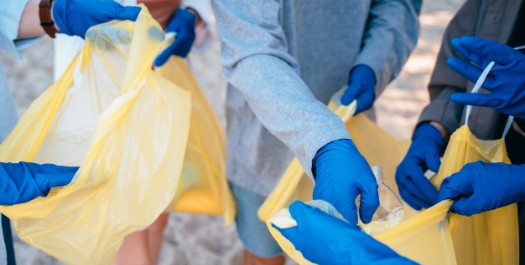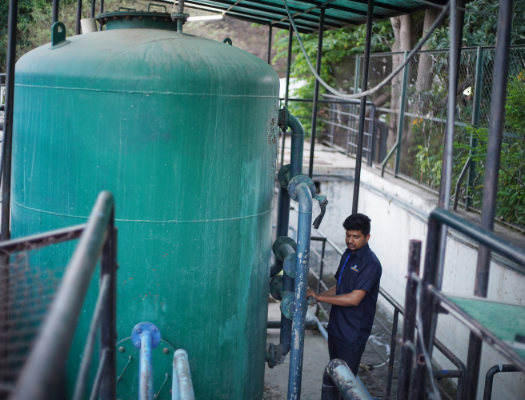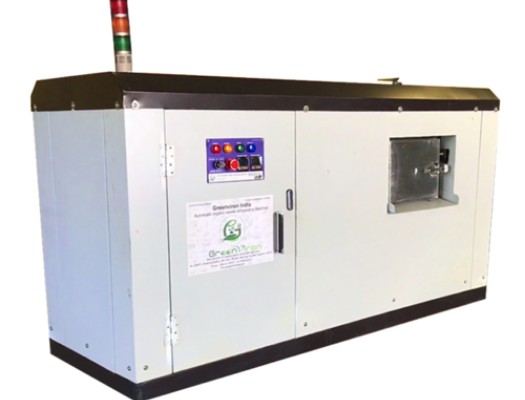Waste management encompasses a wide range of activities and processes aimed at handling, treating, and disposing of waste in a responsible and efficient manner.
Overall, effective waste management plays a crucial role in protecting public health, conserving resources, and mitigating environmental pollution. The specific services and approaches may vary depending on local regulations, technological advancements, and community needs.
Here are the key components typically covered as part of waste management:


